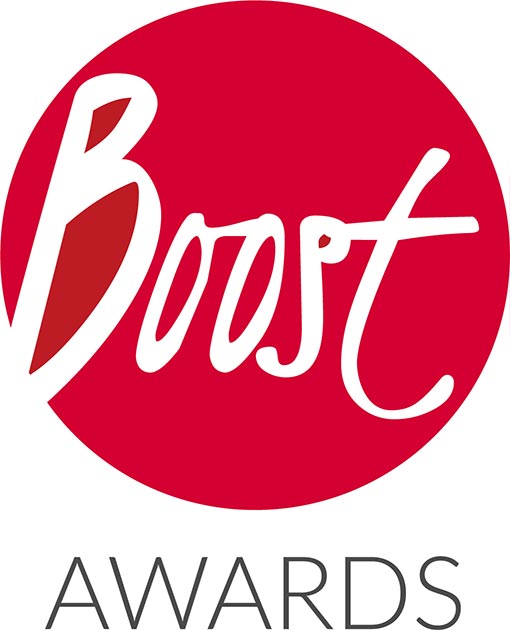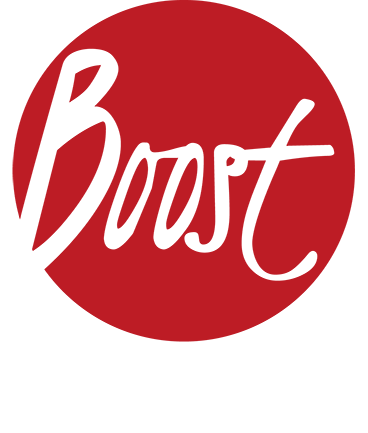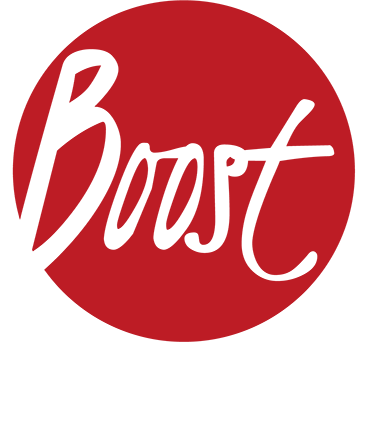Artificial Intelligence AI Awards
A guide to AI awards & machine learning awards
In this article, EmTech expert Thomas Paton provides an analysis of the Artificial Intelligence (AI) awards market, suggests key sector-specific award schemes, and explains why decision-makers in AI businesses should factor awards into their annual marketing strategy.
Contents
1. Adapting to the data economy
2.Why have awards become so popular among tech firms?
3. Market analysis: awards by sector, region, and deadline dates
4. Next steps
With the world’s most comprehensive awards database at my fingertips (>4,200 unique awards), I was able to find more than 300 AI awards across 11 sectors (see analysis below). Acknowledging the growing demand for AI categories, award organisers have ramped up their efforts in recent years to offer more comprehensive options for entrants working in the fields of AI, automation and machine learning. But go back five years and the situation was decidedly different.

Thomas Paton
Senior Consultant, Boost Awards
1. Adapting to the data economy
As with any downstream sector, the award industry is subject to market trends; and although award organisers have in the main been responsive to macro-cultural trends such as diversity & inclusion and ESG (Environmental, Social and Corporate Governance), they have been surprisingly sluggish to embrace the data economy. Why? I argue that the delay is for two main reasons.
Reason 1: Terminology
While award judges are invariably industry experts, award organisers often aren’t. A side-effect of this is that organisers sometimes launch categories (and criteria) that play fast and loose with terminology. In fact, the tendency to deploy certain phrases as if they are synonymous (e.g., ‘artificial intelligence’, ‘automation, ‘machine learning’) belies important technical, methodological and conceptual differences between disciplines. Historically, an apparent shortfall in technical knowledge has resulted in a dearth of AI-related categories, along with a lack of specificity and clarity around category nomenclature. For instance, a ‘Best Deep Learning Project of the Year’ category could well be an attractive option for a Machine Learning (ML) business; but something like ‘AI Project of the Year’, though technically suitable, is so generic that it would likely attract a glut of entries and render the category prohibitively competitive.
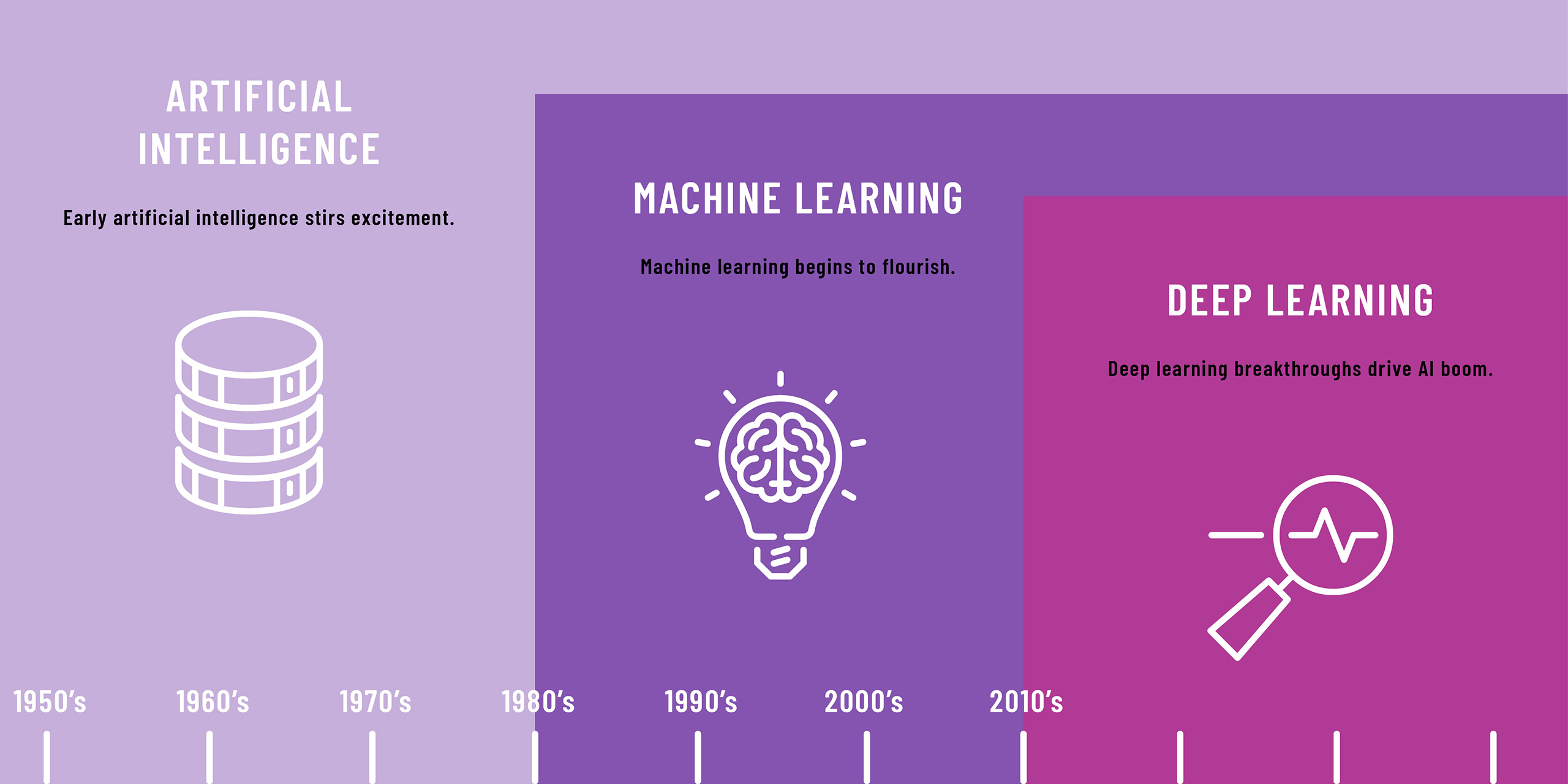
As the brilliant Cassie Kozyrkov (Google’s Head of Decision Intelligence) points out, when most industry professionals use the term ‘AI’, this should ‘technically be called ‘deep learning’’. Furthermore, Deep Learning (DL) is a sub-category of Machine Learning (ML), which ‘uses a particular class of algorithms (neural networks)’.
Reason 2: Concept creep
If you’re like me, you’ll appreciate that the term ‘IT’ sounds quaint and outdated. A product of a bygone era, the phrase ‘Information Technology’ was common parlance long before we became enamoured of smartphones, social media and Google’s search algorithm. Yet the phrase continues to be the dominant means of grouping organisations that use computers to create value.
Consider this:
- Company A has built an app that uses climate, geographical and emissions data to help architects construct carbon-negative buildings that maximise the health and productivity of office workers.
- Company B exploits deep learning algorithms to assist medical professionals with the classification (and eventual diagnosis) of rare pulmonary disorders.
- Company C uses natural language processing (NLP) algorithms within a voice-activated home audio device to enable real-time marketing and drive customers to engage with its vast commercial ecosystem.
One could argue quite reasonably that all of the above examples are IT companies. But one could also argue that Company A occupies an interstitial space between the architecture, construction, data and health sectors; Company B is ostensibly a data science business that sells into the healthcare sector; and Company C is Amazon – which in the same breath can be spoken of as the most accomplished book-selling / logistics / retail / cloud-hosting business in world history.
“Amazon, China’s Tencent and Japan’s Rakuten Ichiba are all examples of corporations that are eroding the borders between established sectors.”
Today, every business relies on information technology; but because the words ‘information’ and ‘technology’ are profoundly generic, we sometimes risk obscuring instances of cross-sector diversity when we lump everything beneath the umbrella of ‘IT’. Effectively, the entrenched use of the term has disincentivised award organisers from launching specialist AI categories, and has instead allowed them to rely on highly generalist language to capture, cater to and reward all instances of computer-aided innovation.
2. Why have awards become so popular among tech firms?
The oft-reported growth potential of data-based businesses has seen a commensurate surge in the numbers of new AI businesses. Pick virtually any four-letter word – Snap, Tide, Loot, etc. – and you have a fair likelihood of naming a new data-based business, trading name or app.
As the tech market becomes steadily more crowded, however, AI/data-based businesses are jostling to find new ways to command the attention of customers and would-be investors. And this, simply put, is why business awards have become such a lucrative marketing channel. In essence, when a business wins an award it gets three things in return:
1. Promotional capital
Beyond content and advertising, an award win presents a major promotional coup. The promotional capital it affords can (and should) be exploited across social and traditional media. Not only does an award win position the brand as sector-leading, but a well-conceived annual award strategy will also serve to ensure that a business’ content marketing schedule contains a steady stream of promotional opportunities. After all, in the modern marketing landscape, consistency is king.
2. Brand differentiation
In a crowded marketplace where consumers often experience ‘option paralysis’, awards offer businesses a credible way to build trust and differentiate themselves from their competition. From independent research, we know that businesses and consumers are far more likely to buy from award-winning businesses.
3. Investor interest
In the US and UK, the IT sector continues to produce the greatest number of high growth businesses. True, a single award win won’t secure series A funding, but it can certainly help to attract additional VC interest as a business transitions into maturity. (Take, for example, the CB Insights AI 100, a cross-industry annual list of the world’s top 100 AI start-ups.) For those looking to elevate their commercial profile, business awards offer a low-risk high-reward means of gaining massive industry kudos.
3. Analysis of the AI Awards market
AI Awards by sector
Of the 300+ AI categories available worldwide, approximately 75% of them are offered by award schemes in the IT, Marketing and Financial Services sectors. Given that Marketing and Financial Services award schemes dominate the award industry, this is to be expected. Entrants looking for AI awards in Health, Education and Retail should not be discouraged by the proportional differences between sectors. See below for my sector-specific AI award recommendations.
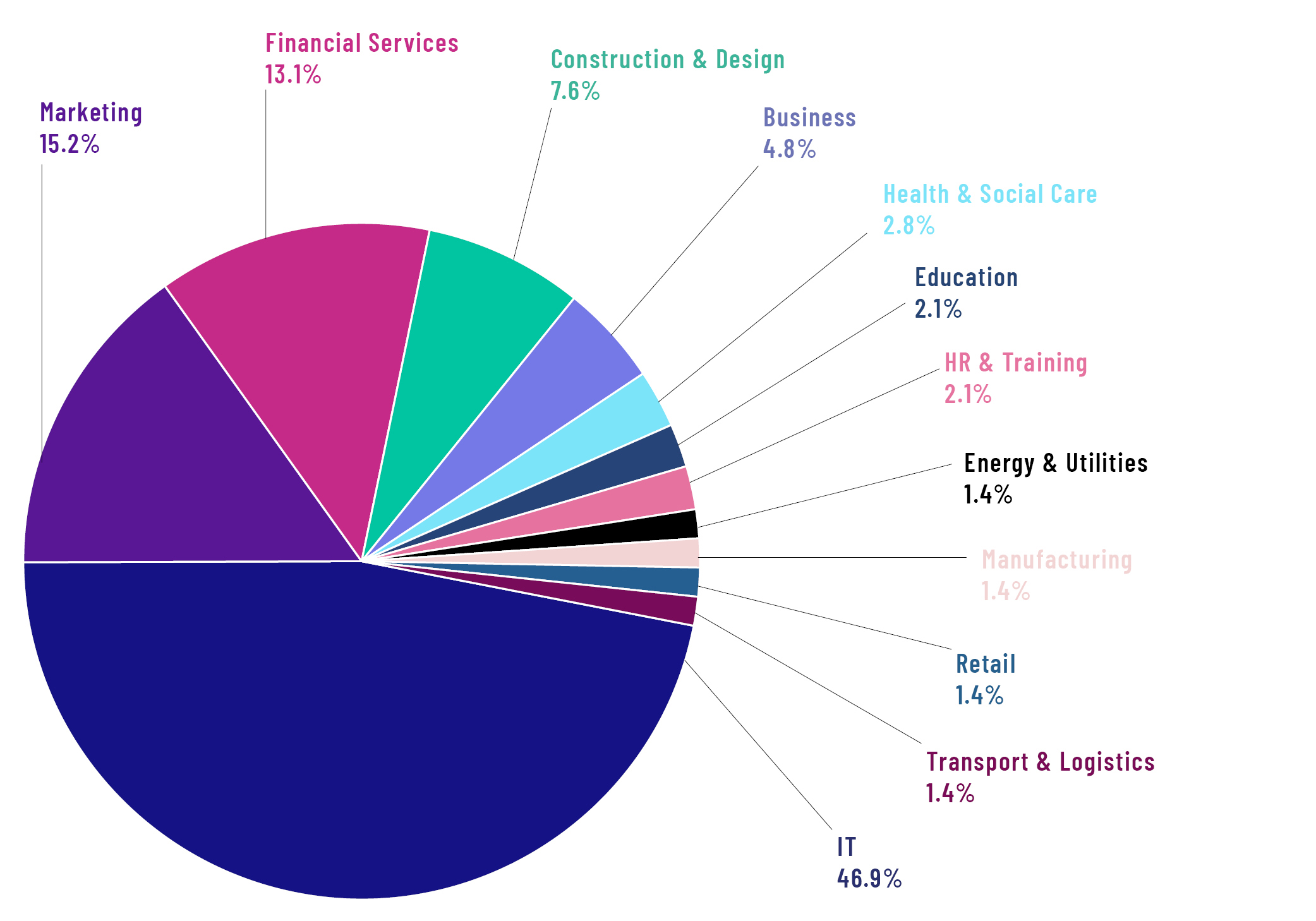
Highlights
- Almost 50% of all AI-related award categories can be found in IT award schemes.
- The most popular sectors for AI-related categories are IT (46.9%), Marketing (15.2%) and Financial Services (13.1%).
- The least popular sectors for AI-related categories are Manufacturing, Retail and Transport & Logistics (all <2%).
AI award recommendations
Here are my AI award recommendations for the most popular three sectors (IT, Marketing and Financial Services), plus some special mentions.
AI awards
The table below contains some of the most prestigious and credible AI-specific award schemes.
| Award | Deadline | Region |
| Artificial Intelligence Excellence Awards | End of January | International |
| Computing AI & Machine Learning Awards | Early April | International |
| CogX Awards (Artificial Intelligence) | Early May | International |
| The AIconics | Early May | International |
| The Global Annual Achievement Awards for AI | End of July | International |
| The A.I. Awards | End of July | International |
Marketing
For businesses that can demonstrate the effective use of AI within marketing, the following suggestions are well worth investigating.
| Award | Deadline | Region |
| Performance Marketing Awards | End of January | UK |
| B2B Marketing Martech Awards | Early February | UK |
| Martech Breakthrough Awards | End of June | International |
| The Drum Awards for B2B | Early August | International |
Financial services
While there is still plenty of scope for FS award organisers to recognise AI innovation, the following schemes are both highly reputable and well-suited for AI businesses.
| Award | Deadline | Region |
| The FTF News Technology Innovation Awards | Early February | International |
| The AB Financial Technology Innovation Awards | Mid February | APAC |
| FStech Awards | Mid May | EMEA |
| The American Financial Technology Awards (AFTAs) | Early October | USA |
Special mentions
| Award | Deadline | Sector | Region |
| Women in Technology and Data Awards | Mid January | Business Leaders | International |
| The MedTech Breakthrough Awards | Mid February | Healthcare | International |
| Brandon Hall Excellence in Tech Awards | Mid September | HR & Training | International |
| EdTech Digest Awards | Late September | Education | USA |
| CES Innovation Awards | Early October | Retail | USA |
AI Awards by region
What is striking about this particular graph is not that the International and UK regions predominate, but that the US is the second-lowest region for AI award schemes, despite hosting the vast majority of AI businesses and start-ups. Thankfully, award recognition is in plentiful supply elsewhere across the globe.
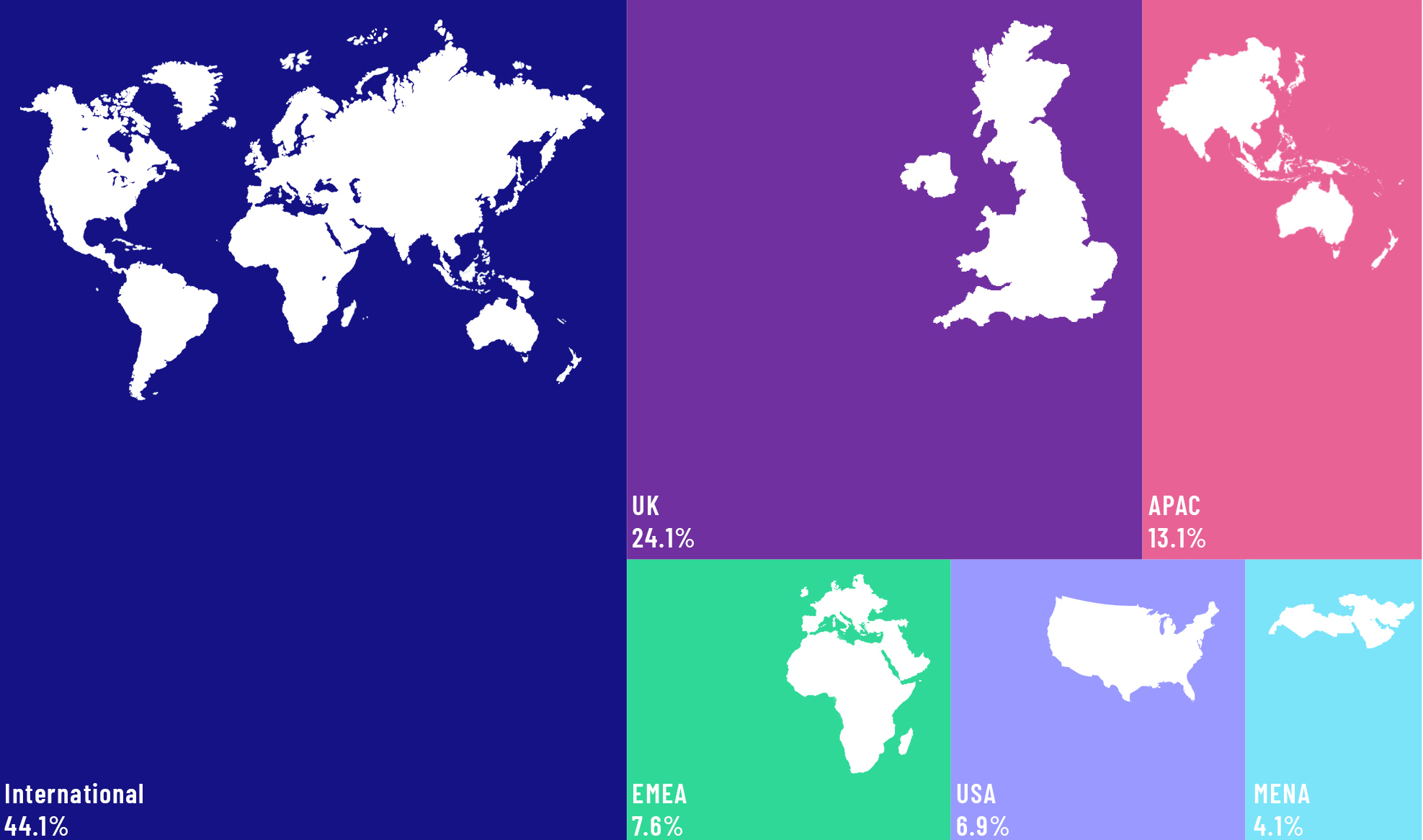
Highlights
- Almost 45% of all AI-related award categories are hosted by international award schemes.
- The top regions for AI-related categories are International (44.1%), UK (24.1%) and APAC (13.1%).
- The least-popular regions for AI-related categories are EMEA (7.6%), USA (6.9%) and MENA (4.1%).
AI Awards by deadline date
For individuals new to the awards industry, this graph might seem to be a strange addition. However, understanding the frequency of award schemes throughout the calendar year can be a critical component when planning an annual marketing strategy. Knowing your key award targets and stories ahead of time makes all the difference when it comes to writing an entry and compiling supporting evidence. Take it from me, a consultant who has worked on >500 award entries, producing a winning award submission takes time, effort and skill. Ask yourself, who among your team has the time to balance this task against their regular duties, who is going to take responsibility for gathering the necessary technical, financial and graphical data, and who has the ability to tell a compelling story in as few as 1,000 words? All too often, it is your answers to these questions that will determine whether you achieve awards success, and not the scale of your growth or innovation.
Critical recommendation: If you plan to enter multiple awards within a calendar year, it pays to think in annual terms, rather than on a monthly or (heaven forbid) an ad-hoc basis.
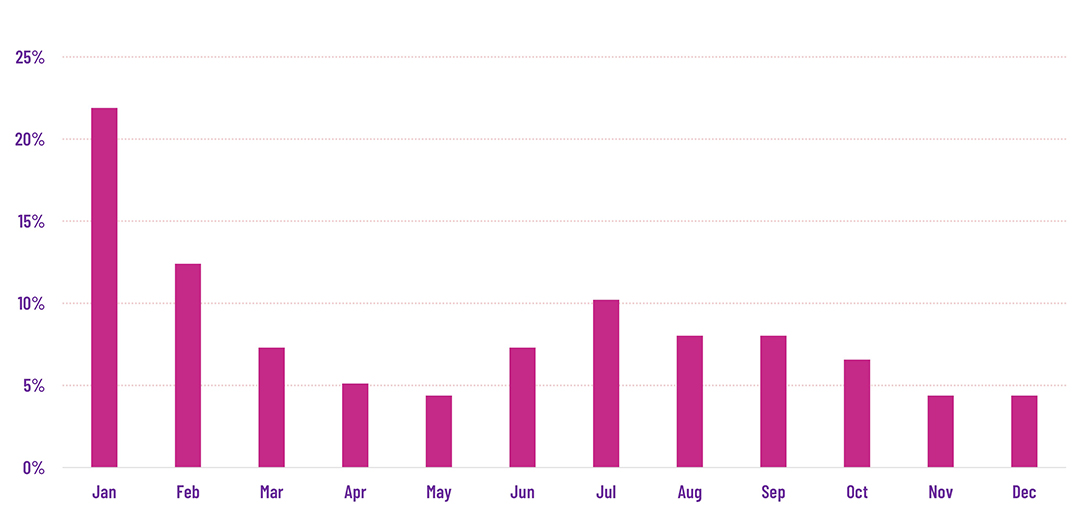
N.B. These deadline dates are compiled using historical data. Always check award websites for the latest information as dates can change.
Highlights
- The greatest number of AI award deadlines occur in Q1 and Q3.
- The fewest number of AI award deadlines occur in Q2 and Q4.
- The most popular months for AI award deadlines are Jan, Feb and July.
- The least popular months for AI award deadlines are May, November and December.
4. Next steps
Do you work for an AI or data-based company that is achieving high growth and enviable customer satisfaction? Instead of doing what everyone else does – i.e., Googling ‘AI awards’ and getting overwhelmed by a deluge of search results – why not contact Boost Awards?
We are a team of highly experienced industry experts, and collectively we have helped our clients win more than 2,000 business awards. Not only can we find the correct awards and categories for your business needs, we can also significantly improve your chances of winning – after all, we’re the world’s most experienced team of dedicated award-entry writers and our results speak for themselves: 70% of our entries make the finals and 40% win.
If you would like to tap Boost Awards for some specialist award consultancy, our website has details of our award entry writing services. Be warned, though, our clients book us to enter the most prestigious schemes well in advance, this is because we never write competing entries. Effectively, if you tell us the category you’re interested in winning, we help you and only you to win it.
Get in touch if you would like to have a discussion about our services, pricing or all the ways in which Boost can add value to individual entries or your overall award strategy. You can contact the team via our contact form or email me directly at thomas.paton@boost-awards.co.uk.
I look forward to hearing from you.
Thomas
(C) This article was written by Thomas Paton and is the intellectual property of award entry consultants Boost Awards
Looking for awards to enter?
Sign up for our free email deadline reminders to make sure you never miss an awards deadline. Every month you will receive a comprehensive list of upcoming awards deadlines (in the next two months) organised by industry sector.
Artificial Intelligence AI Awards

Thomas Paton
Senior Consultant, Boost Awards
A guide to AI awards & machine learning awards
In this article, EmTech expert Thomas Paton provides an analysis of the Artificial Intelligence (AI) awards market, suggests key sector-specific award schemes, and explains why decision-makers in AI businesses should factor awards into their annual marketing strategy.
Contents
1. Adapting to the data economy
2.Why have awards become so popular among tech firms?
3. Market analysis: awards by sector, region, and deadline dates
4. Next steps
With the world’s most comprehensive awards database at my fingertips (>4,200 unique awards), I was able to find more than 300 AI awards across 11 sectors (see analysis below). Acknowledging the growing demand for AI categories, award organisers have ramped up their efforts in recent years to offer more comprehensive options for entrants working in the fields of AI, automation and machine learning. But go back five years and the situation was decidedly different.
1. Adapting to the data economy
As with any downstream sector, the award industry is subject to market trends; and although award organisers have in the main been responsive to macro-cultural trends such as diversity & inclusion and ESG (Environmental, Social and Corporate Governance), they have been surprisingly sluggish to embrace the data economy. Why? I argue that the delay is for two main reasons.
Reason 1: Terminology
While award judges are invariably industry experts, award organisers often aren’t. A side-effect of this is that organisers sometimes launch categories (and criteria) that play fast and loose with terminology. In fact, the tendency to deploy certain phrases as if they are synonymous (e.g., ‘artificial intelligence’, ‘automation, ‘machine learning’) belies important technical, methodological and conceptual differences between disciplines. Historically, an apparent shortfall in technical knowledge has resulted in a dearth of AI-related categories, along with a lack of specificity and clarity around category nomenclature. For instance, a ‘Best Deep Learning Project of the Year’ category could well be an attractive option for a Machine Learning (ML) business; but something like ‘AI Project of the Year’, though technically suitable, is so generic that it would likely attract a glut of entries and render the category prohibitively competitive.

As the brilliant Cassie Kozyrkov (Google’s Head of Decision Intelligence) points out, when most industry professionals use the term ‘AI’, this should ‘technically be called ‘deep learning’’. Furthermore, Deep Learning (DL) is a sub-category of Machine Learning (ML), which ‘uses a particular class of algorithms (neural networks)’.
Reason 2: Concept creep
If you’re like me, you’ll appreciate that the term ‘IT’ sounds quaint and outdated. A product of a bygone era, the phrase ‘Information Technology’ was common parlance long before we became enamoured of smartphones, social media and Google’s search algorithm. Yet the phrase continues to be the dominant means of grouping organisations that use computers to create value.
Consider this:
- Company A has built an app that uses climate, geographical and emissions data to help architects construct carbon-negative buildings that maximise the health and productivity of office workers.
- Company B exploits deep learning algorithms to assist medical professionals with the classification (and eventual diagnosis) of rare pulmonary disorders.
- Company C uses natural language processing (NLP) algorithms within a voice-activated home audio device to enable real-time marketing and drive customers to engage with its vast commercial ecosystem.
One could argue quite reasonably that all of the above examples are IT companies. But one could also argue that Company A occupies an interstitial space between the architecture, construction, data and health sectors; Company B is ostensibly a data science business that sells into the healthcare sector; and Company C is Amazon – which in the same breath can be spoken of as the most accomplished book-selling / logistics / retail / cloud-hosting business in world history.
“Amazon, China’s Tencent and Japan’s Rakuten Ichiba are all examples of corporations that are eroding the borders between established sectors.”
Today, every business relies on information technology; but because the words ‘information’ and ‘technology’ are profoundly generic, we sometimes risk obscuring instances of cross-sector diversity when we lump everything beneath the umbrella of ‘IT’. Effectively, the entrenched use of the term has disincentivised award organisers from launching specialist AI categories, and has instead allowed them to rely on highly generalist language to capture, cater to and reward all instances of computer-aided innovation.
2. Why have awards become so popular among tech firms?
The oft-reported growth potential of data-based businesses has seen a commensurate surge in the numbers of new AI businesses. Pick virtually any four-letter word – Snap, Tide, Loot, etc. – and you have a fair likelihood of naming a new data-based business, trading name or app.
As the tech market becomes steadily more crowded, however, AI/data-based businesses are jostling to find new ways to command the attention of customers and would-be investors. And this, simply put, is why business awards have become such a lucrative marketing channel. In essence, when a business wins an award it gets three things in return:
1. Promotional capital
Beyond content and advertising, an award win presents a major promotional coup. The promotional capital it affords can (and should) be exploited across social and traditional media. Not only does an award win position the brand as sector-leading, but a well-conceived annual award strategy will also serve to ensure that a business’ content marketing schedule contains a steady stream of promotional opportunities. After all, in the modern marketing landscape, consistency is king.
2. Brand differentiation
In a crowded marketplace where consumers often experience ‘option paralysis’, awards offer businesses a credible way to build trust and differentiate themselves from their competition. From independent research, we know that businesses and consumers are far more likely to buy from award-winning businesses.
3. Investor interest
In the US and UK, the IT sector continues to produce the greatest number of high growth businesses. True, a single award win won’t secure series A funding, but it can certainly help to attract additional VC interest as a business transitions into maturity. (Take, for example, the CB Insights AI 100, a cross-industry annual list of the world’s top 100 AI start-ups.) For those looking to elevate their commercial profile, business awards offer a low-risk high-reward means of gaining massive industry kudos.
3. Analysis of the AI Awards market
AI Awards by sector
Of the 300+ AI categories available worldwide, approximately 75% of them are offered by award schemes in the IT, Marketing and Financial Services sectors. Given that Marketing and Financial Services award schemes dominate the award industry, this is to be expected. Entrants looking for AI awards in Health, Education and Retail should not be discouraged by the proportional differences between sectors. See below for my sector-specific AI award recommendations.
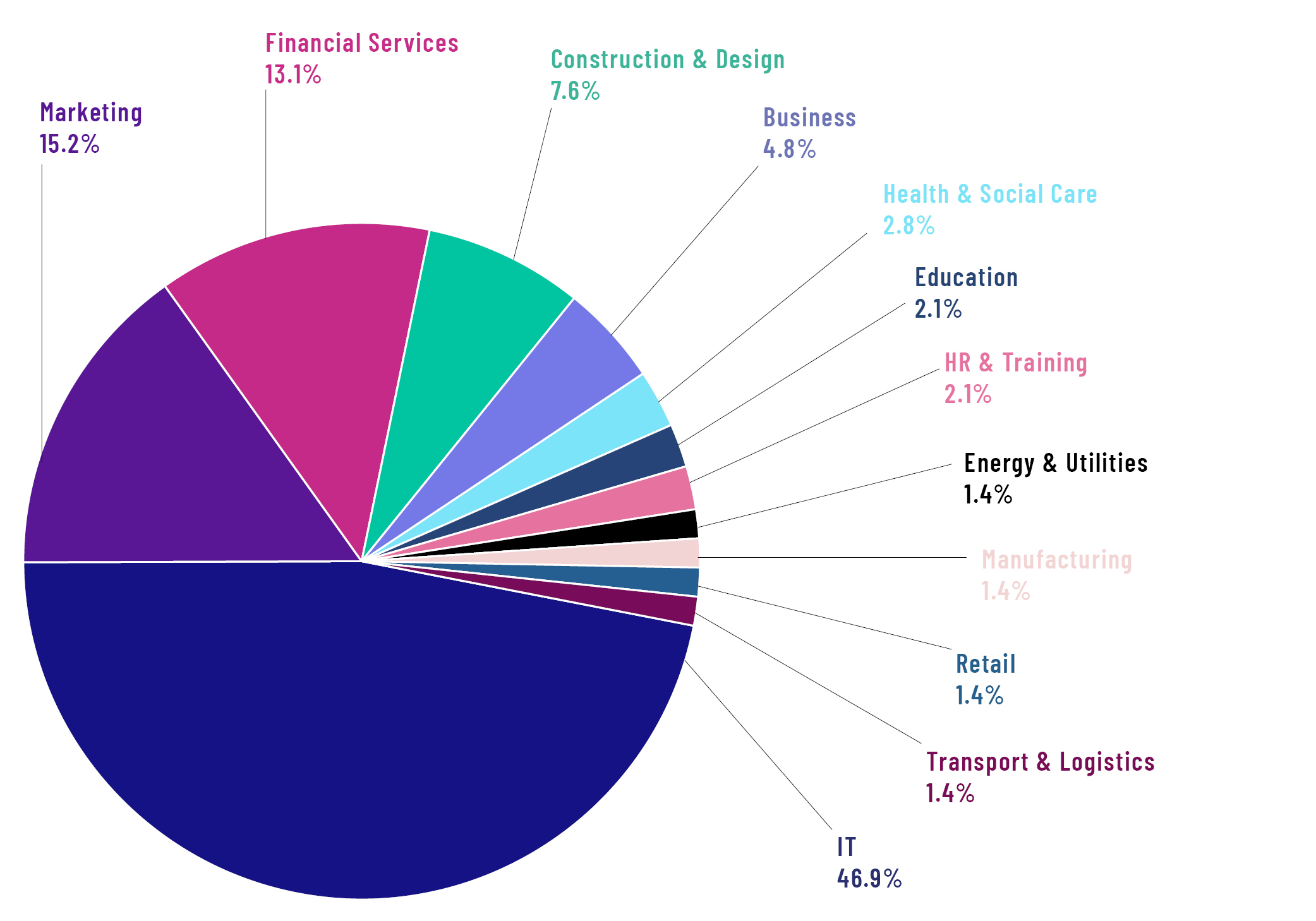
Highlights
- Almost 50% of all AI-related award categories can be found in IT award schemes.
- The most popular sectors for AI-related categories are IT (46.9%), Marketing (15.2%) and Financial Services (13.1%).
- The least popular sectors for AI-related categories are Manufacturing, Retail and Transport & Logistics (all <2%).
AI award recommendations
Here are my AI award recommendations for the most popular three sectors (IT, Marketing and Financial Services), plus some special mentions.
AI awards
The table below contains some of the most prestigious and credible AI-specific award schemes.
| Award | Deadline | Region |
| Artificial Intelligence Excellence Awards | End of January | International |
| Computing AI & Machine Learning Awards | Early April | International |
| CogX Awards (Artificial Intelligence) | Early May | International |
| The AIconics | Early May | International |
| The Global Annual Achievement Awards for AI | End of July | International |
Marketing
For businesses that can demonstrate the effective use of AI within marketing, the following suggestions are well worth investigating.
| Award | Deadline | Region |
| Performance Marketing Awards | End of January | UK |
| B2B Marketing Martech Awards | Early February | UK |
| Martech Breakthrough Awards | End of June | International |
| The Drum Awards for B2B | Early August | International |
Financial services
While there is still plenty of scope for FS award organisers to recognise AI innovation, the following schemes are both highly reputable and well-suited for AI businesses.
| Award | Deadline | Region |
| The FTF News Technology Innovation Awards | Early February | International |
| The AB Financial Technology Innovation Awards | Mid February | APAC |
| FStech Awards | Mid May | EMEA |
| The American Financial Technology Awards (AFTAs) | Early October | USA |
Special mentions
| Award | Deadline | Sector | Region |
| Women in Technology and Data Awards | Mid January | Business Leaders | International |
| The MedTech Breakthrough Awards | Mid February | Healthcare | International |
| Brandon Hall Excellence in Tech Awards | Mid September | HR & Training | International |
| EdTech Digest Awards | Late September | Education | USA |
| CES Innovation Awards | Early October | Retail | USA |
AI Awards by region
What is striking about this particular graph is not that the International and UK regions predominate, but that the US is the second-lowest region for AI award schemes, despite hosting the vast majority of AI businesses and start-ups. Thankfully, award recognition is in plentiful supply elsewhere across the globe.
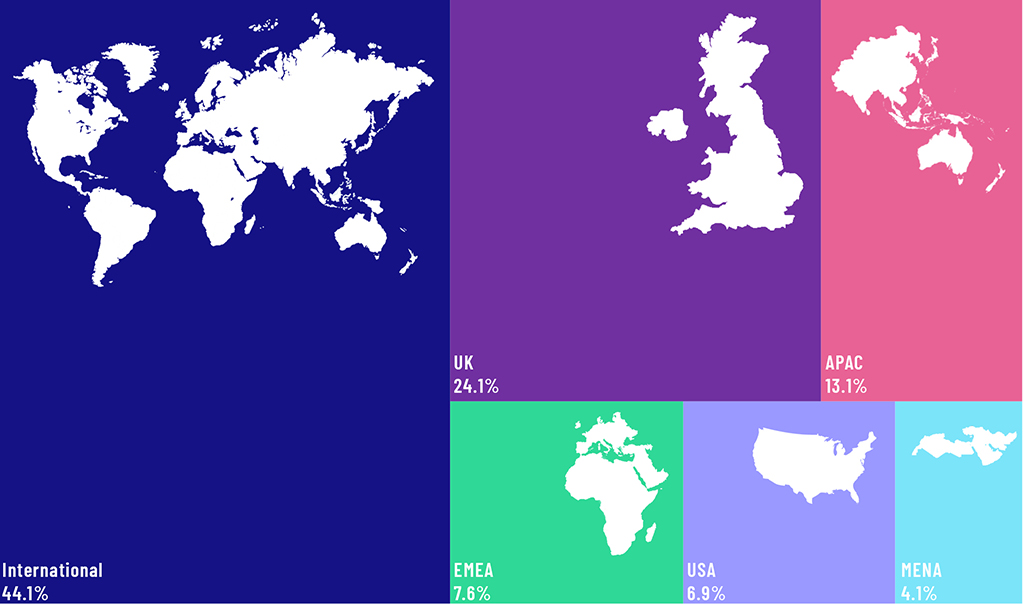
Highlights
- Almost 45% of all AI-related award categories are hosted by international award schemes.
- The top regions for AI-related categories are International (44.1%), UK (24.1%) and APAC (13.1%).
- The least-popular regions for AI-related categories are EMEA (7.6%), USA (6.9%) and MENA (4.1%).
AI Awards by deadline date
For individuals new to the awards industry, this graph might seem to be a strange addition. However, understanding the frequency of award schemes throughout the calendar year can be a critical component when planning an annual marketing strategy. Knowing your key award targets and stories ahead of time makes all the difference when it comes to writing an entry and compiling supporting evidence. Take it from me, a consultant who has worked on >500 award entries, producing a winning award submission takes time, effort and skill. Ask yourself, who among your team has the time to balance this task against their regular duties, who is going to take responsibility for gathering the necessary technical, financial and graphical data, and who has the ability to tell a compelling story in as few as 1,000 words? All too often, it is your answers to these questions that will determine whether you achieve awards success, and not the scale of your growth or innovation.
Critical recommendation: If you plan to enter multiple awards within a calendar year, it pays to think in annual terms, rather than on a monthly or (heaven forbid) an ad-hoc basis.

N.B. These deadline dates are compiled using historical data. Always check award websites for the latest information as dates can change.
Highlights
- The greatest number of AI award deadlines occur in Q1 and Q3.
- The fewest number of AI award deadlines occur in Q2 and Q4.
- The most popular months for AI award deadlines are Jan, Feb and July.
- The least popular months for AI award deadlines are May, November and December.
4. Next steps
Do you work for an AI or data-based company that is achieving high growth and enviable customer satisfaction? Instead of doing what everyone else does – i.e., Googling ‘AI awards’ and getting overwhelmed by a deluge of search results – why not contact Boost Awards?
We are a team of highly experienced industry experts, and collectively we have helped our clients win more than 2,000 business awards. Not only can we find the correct awards and categories for your business needs, we can also significantly improve your chances of winning – after all, we’re the world’s most experienced team of dedicated award-entry writers and our results speak for themselves: 70% of our entries make the finals and 40% win.
If you would like to tap Boost Awards for some specialist award consultancy, our website has details of our award entry writing services. Be warned, though, our clients book us to enter the most prestigious schemes well in advance, this is because we never write competing entries. Effectively, if you tell us the category you’re interested in winning, we help you and only you to win it.
Get in touch if you would like to have a discussion about our services, pricing or all the ways in which Boost can add value to individual entries or your overall award strategy. You can contact the team via our contact form or email me directly at thomas.paton@boost-awards.co.uk.
I look forward to hearing from you.
Thomas
(C) This article was written by Thomas Paton and is the intellectual property of award entry consultants Boost Awards
Looking for awards to enter?
Sign up for our free email deadline reminders to make sure you never miss an awards deadline. Every month you will receive a comprehensive list of upcoming awards deadlines (in the next two months) organised by industry sector.
